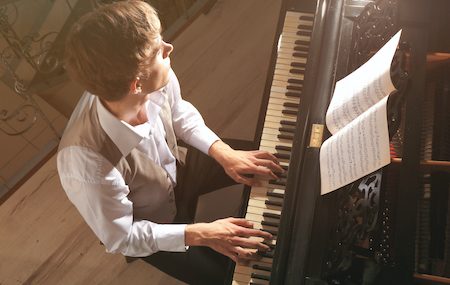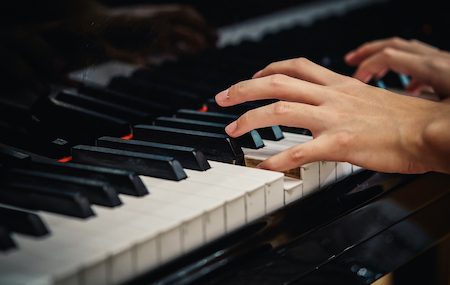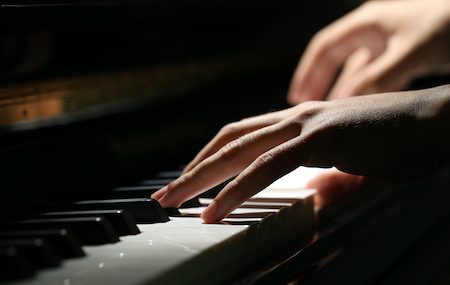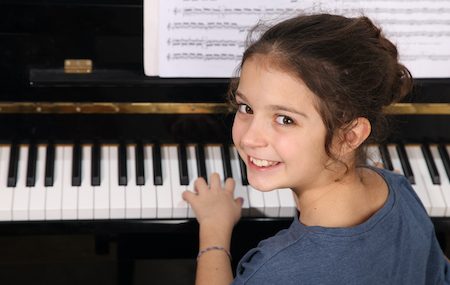Want to learn the secret to becoming a great piano player? Actually, no one way works for everyone.
But if we had to share a few tried and true secrets that separate average piano players from great ones, we have a few ideas in mind.
1. Great piano players look for great teachers
This isn’t saying you find one teacher you love and stick with them for life. Eventually, you’ll find yourself stuck in a rut, always working towards the same goal. Instead, great piano players know they have to move around and learn from a variety of places. They try online resources as well as working one on one with someone in person. They ask for recommendations to find teachers that can take them to the next level.
2. Great piano players perform regularly
Don’t think your skills are good enough for a performance? Think again. Performing gives you an opportunity to reach for bigger things, and demonstrate the skills you’ve already learned. They help you plan for a goal, motivate yourself for preparing for a recital, and learn what it takes to perform in front of a group. It gets your heart racing – and that’s a good thing!
3. They learn to sight read and play by ear
Often, a piano player perfects one or the other, but not both. To be a truly great piano player, it’s important to pick up both. Learn to pick up a score and start to play just by reading the notes. Practice listening to a song on the radio, and playing it by ear as best you can. This takes skill, but it’s something you can pick up over time.
4. Pay attention to theory
Music theory helps you understand your instrument better. It helps you understand how music is created through notes and scales and chords. It guides you through the purpose of structuring music in different ways. It allows you to learn about how the greats created certain rules, and where it’s okay to break them.
5. The art of playing in a group
A lot of piano players spend their time practicing alone. To take your music to another level, it’s important to move into playing with a group as well. It allows you to hear your music performed in an entirely different way.
Have you made “playing the piano” a part of your New Year’s resolutions this year? It starts with a desire to learn, and a piano that allows you to practice and improve your skills throughout the year.
If you have any questions about improving your piano skills, give us a call. We’re here to help you with all of your piano needs.











